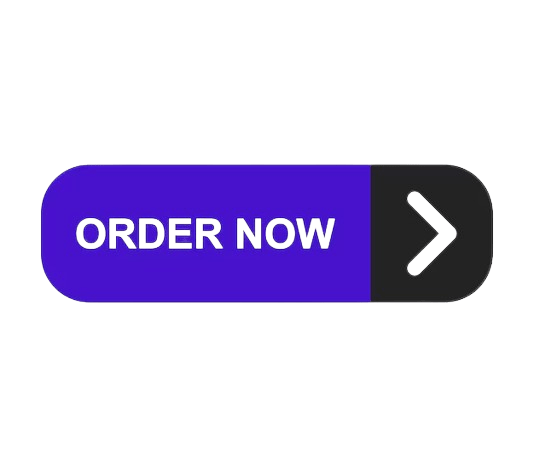[ad_1]


Ever since bongols became a physio and became unhealthily obsessed with people getting hurt and how to make them unhurt using the voodoo power of physio I have become way more aware of the pillow fights that happen within physio circles. When I worked at Edinburgh rugby I was the strength and conditioning coach charged with rehabbing and training the long term injured players which means I am by no means a stranger to spending more time than any meat head would like to with the physio class. Tracey and Jamie were great for helping me to develop my understanding of the return to play process and what it’s like when you think giving someone a banded exercise for 3×10 is programming (jokes obvs Tracey and Jamie were and are class, big Stu was no bad either).
One of the physios I enjoy following on Instagram Adam Meekins aka the sports physio snapped his shit up doing deadlift and then proceeded to document his return to fitness via a video diary series that is excellent if you have time to follow it (retrospectively of course as he is back to lifting). Adam had a reasonably bad run in with back pain and you can see the ups and downs of the recovery process via his instagram profile. Adam rustles Jimmies on the regular he isn’t a fan of manual therapy and a lot of other practices that don’t have a great empirical grounding and it naturally pisses a lot of people off. His curt style of communication make his comments section a glorious place to hang out if you want to bask in the reflective glow of salty bois.
One of the most recent spats is with a man who unironically wears a padlock around his neck Dr. Andrew Lock (now sure if actual doctor or meme doctor looking at his bio I suspect he is a meme Dr – poppa don’t see no PHD bby) about the importance or the lack of importance for technique and injury prevention.
Adam and Andrew don’t really get on and their communication can probably be best described as salty at best and childish at worst. It is great to follow along with if like me you love some internet slap fighting and lets be honest who doesn’t.
This has been going on for some time and recently lead to Andrew going on an hour long podcast discussion about the importance of technique and it’s interaction with pain science. You can watch the debate below however be warned it might hold the record for the most amount of cringe rammed into an hour long zoom call.
Andrew put forward probably the worst advocacy for a position I have had the stomach to witness an hour of. Whilst getting reamed out for and hour straight and being convinced you are correct in what might be the greatest display of cognitive dissonance on the internet. All while reading from a script, clearly not having a current grasp on the topic and resorting to adhomien arguments at the drop of a padlock.
Andrew actually has some stuff worth listening to and I must admit I have watched a lot of his videos some of which are excellent, however he came up wanting sorely in this interaction. As a powerlifter and strength and conditioning coach I am all in with the technique being very important camp. However the point being put across from Greg and the pain science camp is still salient and correct as far as we understand.
Strawman one – Technique is important for injury prevention
This makes complete and utter sense to anyone who has dealt with lifters or coaches people for a living in any physical capacity sport (spritning, swimming jumping, throwing, lifting etc). Because we have plenty of anecdotal evidence and experience showing its importance. However if we are going to pay lip service to science than we have to admit there is currently no good evidence to suggest it decreases injury rate in pretty much any population. No matter how many times you want to talk about physics and bury your head in the sand to the current state of the evidence. As it stands technique reducing injury rate is a meme.
Strawman two – technique isn’t important look at these pain science tards
When it came up in the debate Greg agreed that technique was important for performance and optimisation even if Andrew didn’t want to engage with it genuinely. Anyone who has performed sport to a reasonable level understands this. Optimising strategies in movement and creating them on an individual framework isn’t just important, it’s extremely important in sport in fact you might even say it’s the entire fucking point in training. No one is debating this other than Andrew and Mr Scarecrow.
Strawman three – load management
Load is by far the most frustrating topic I have ever spoken to physios about. As a strength and conditioning coach or a coach in general I call this programming or periodisation. Physios take a holistic view of the word load but when I have tried to pin them down on just what they mean by that word I have never really got a satisfactory answer. In strength and conditioning identifying and monitoring load is not a new or novel topic. From using RPEs x Time to track arbitrary units of load, to using GPS, tracking gym tonnage you name it we’ve been on it for over a decade. I get the sense as physio practice develops they are catching up to things the strength and conditioning community has been working on for years.


Strawman four – McGill is spine Jesus.
There is some mad cult of personality around Stuart McGill. And I think most people would see him as an important researcher in spinal biomechanics. I have spent a lot of time with mustache man and I think he has some good things to bring to the table. I also think most of his training conclusions are bollocks. I attended a UKSCA conference where I sat in his training breakout session and watched him debate Mike Stone the real mustache MVP and to be honest he embarrassed himself. There is a lot of good you can take away from Stuart and his work but for the love of god don’t drink the cool aid. tHeSe aRe tHe 3 BeSt Ab ExErCiSes pls go.
Pain science is a pretty new topic to a lot of people and it certainly is to me however if we are going to adapt and grow as coaches and practitioners we need to stay up with the current thinking and developments of science and understanding. If you hold onto sunk cost bias because you spent a lot of time learning something and not accepting new and relevant information you will become irrelevant very quickly. Worse than being irrelevant you become harmful to those you work with.
Thank you for reading my TED talk.
Marc
[ad_2]


